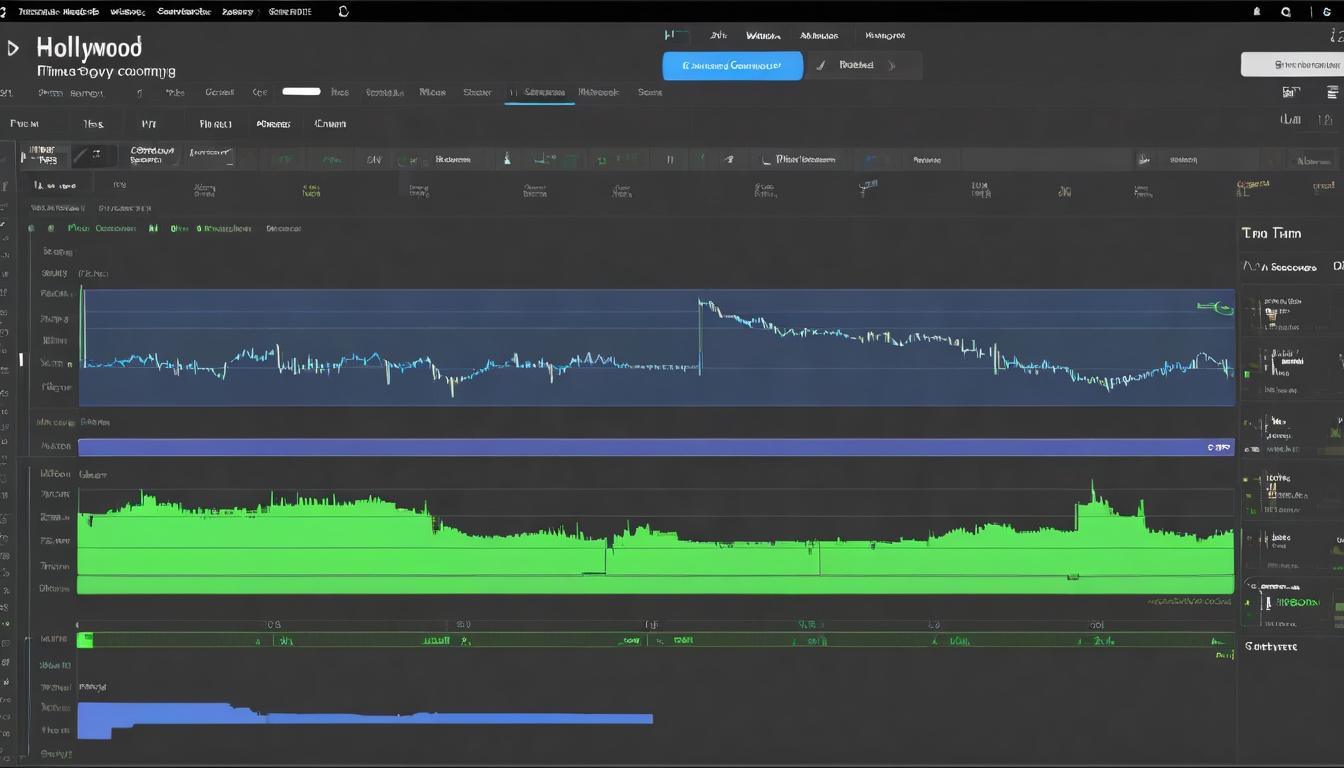The familiar swell of an orchestra as the hero triumphs, the subtle piano melody that signals romance, the ominous synth that warns of danger—these are the sounds that have defined cinema for generations. But behind the curtain of Hollywood's grand tradition, a quiet revolution is underway that's fundamentally changing how film music is created, distributed, and experienced.
Streaming platforms have become the new commissioning editors, with Netflix, Amazon, and Apple investing more in original scores than most traditional studios. This shift has created unprecedented opportunities for composers outside the usual Hollywood circles, while simultaneously driving down budgets and timelines to alarming degrees. The result is a paradoxical landscape where more music is being created than ever before, yet composers face increasing pressure to work faster for less.
Artificial intelligence has begun infiltrating scoring sessions in ways most audiences would never notice. From generating thematic variations to creating temporary tracks that help directors visualize scenes, AI tools are becoming standard in many composers' workflows. The technology can analyze emotional arcs in scripts and suggest musical approaches, essentially serving as a digital assistant that never sleeps. But this convenience comes with ethical questions about originality and the very soul of artistic creation.
Independent films and international productions are leading some of the most exciting innovations in film music. Without the constraints of major studio expectations, composers are blending traditional orchestration with electronic elements, world music influences, and experimental techniques. The success of scores like 'Everything Everywhere All at Once' and 'Parasite' demonstrates that audiences are hungry for fresh sonic approaches that break from the John Williams-inspired mold that dominated for decades.
The business of soundtrack releases has transformed completely in the digital age. Where once only major blockbusters received physical album releases, now nearly every film—no matter how small—can distribute its music globally through streaming services. This has created a golden age for soundtrack collectors but has also flooded the market, making it difficult for individual scores to stand out. Many composers now see soundtrack releases as marketing tools rather than revenue sources.
Film music criticism itself is evolving as platforms like YouTube and podcasts give voice to new generations of analysts who approach scores with the depth once reserved for classical music. These critics aren't just reviewing—they're dissecting thematic development, orchestration techniques, and cultural context with scholarly rigor. Their audiences number in the millions, creating a feedback loop that influences both composers and studios about what kinds of scores resonate with modern viewers.
The environmental impact of film scoring has become an unexpected concern within the industry. Large orchestral sessions require musicians to travel, consume energy in recording studios, and produce physical materials. Some composers are responding with 'green scoring' approaches using smaller ensembles, virtual instruments, and remote recording techniques that allow musicians to participate from their home studios. These methods were accelerated by pandemic restrictions but are now being adopted for ecological reasons.
Preservation of film music faces unique challenges in the digital era. While analog tapes deteriorated, they were at least physical objects that could be stored and potentially recovered. Digital sessions exist as files that can become corrupted, stored on obsolete formats, or lost in corporate mergers. Several organizations have emerged dedicated to archiving scores, sketches, and session materials, recognizing that this music represents not just entertainment but significant cultural artifacts.
Video game scoring has begun influencing film music in profound ways. Game composers have pioneered interactive techniques where music responds to player actions, and Hollywood is now adopting similar approaches for choose-your-own-adventure style content on streaming platforms. The line between linear film scoring and interactive scoring is blurring, creating new creative possibilities and technical challenges.
Despite all these changes, the fundamental power of a great film score remains unchanged. Music still has the unique ability to bypass intellectual processing and speak directly to our emotions, to make us lean forward in anticipation or wipe away tears without understanding why. The tools and business models may evolve, but the magic—that alchemical reaction between image and sound—continues to define why we go to the movies in the first place.
The hidden revolution in film scoring: how streaming and AI are reshaping movie music

